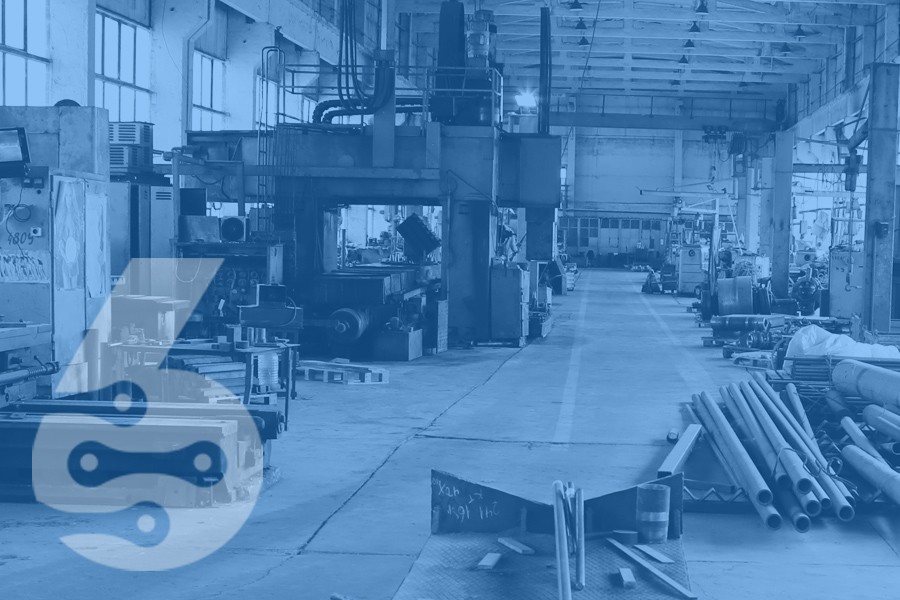There are a few different types of scheduling that can be used in manufacturing and production:
- Job Shop Scheduling: This is where each order is scheduled according to the specific steps and processes required to complete it. This is often used when products are made to order or when there is a lot of variety in the products being produced.
- Flow Shop Scheduling: This is where orders are scheduled according to the sequence of operations required to complete them. This is often used when products are mass-produced, and there is less variety in the products being produced.
- Line Balancing: This is where production lines are balanced so that each station has equal work to do. This helps to improve efficiency and productivity.
- Load Balancing: This is where the workload is distributed evenly across all available resources. This helps to prevent bottlenecks and improve overall performance.
- Capacity Planning: This is the process of planning and ensuring enough capacity to meet future demand. This helps to avoid overloading the system and ensures that products can be delivered on time.
Scheduling is an essential part of manufacturing and production, as it helps to maximize productivity, cost, and delivery times. There are a variety of different scheduling methods that can be used, depending on the type of product being produced and the needs of the business.

Related Blog Articles

MTO and MTS in Manufacturing
In manufacturing there are two core ways to plan and run production. The first is Make-to-Order (MTO). The second is Make-to-Stock (MTS). They are not enemies. They are tools for different situations. Some companies lean mostly on one model. Most successful companies combine both and switch between them as demand changes. In many cases parts of a product are made for stock, while the final steps are finished only after...
Fresh, Fast & Future-Proof: The Smart Way to Produce Dairy
Milk production is one of the most demanding sectors in food manufacturing, where quality, consistency, and safety are non-negotiable. Unlike other industries, dairy processing requires precise control over every stage - from raw milk intake to packaging - to maintain strict hygiene standards and ensure uniform product quality. This level of precision is only possible through advanced automation and data-driven decision-making. That’s where SIX ERP comes in. By integrating real-time...
Managing the Manufacturing Process in ERPs
Enterprise Resource Planning (ERP) systems are integrated software solutions that help businesses manage the vital components of their operations, including product development, Manufacturing, supply chain, shipping and logistics, customer relationship management (CRM), and finance. An ERP system consolidates all of these business functions into a single, comprehensive software solution that can be accessed by authorized users from anywhere in the organization. This centralized access to information and data allows businesses to...Related SIX ERP Solutions:
Related SIX ERP Features:
Want to see SIX for yourself?
Need help, have questions or want to get a free demo?
Please read our Privacy Policy on how we process personal data. We will never share your data!



